The darkness, dahlings, just doesn’t stop. And who’s complaining? Not us! There is much for noiristas to relish, starting today:
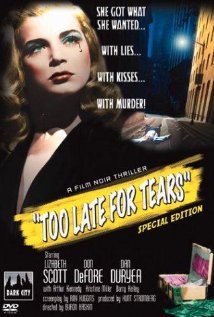 NOIR CITY’s flagship festival in San Francisco returns to its home at the historic Castro Theatre Jan. 24-Feb. 2, 2014. The 12th edition of the popular film noir festival is going international and the lineup is downright sumptuous. Films include: “The Third Man,” a restoration of “Too Late for Tears” (with Lizabeth Scott and Dan Duryea), “Drunken Angel,” “It Always Rains on Sunday,” “Brighton Rock,” “The Wages of Fear,” “Rififi” and “Pépé le Moko,” just to name a few.
NOIR CITY’s flagship festival in San Francisco returns to its home at the historic Castro Theatre Jan. 24-Feb. 2, 2014. The 12th edition of the popular film noir festival is going international and the lineup is downright sumptuous. Films include: “The Third Man,” a restoration of “Too Late for Tears” (with Lizabeth Scott and Dan Duryea), “Drunken Angel,” “It Always Rains on Sunday,” “Brighton Rock,” “The Wages of Fear,” “Rififi” and “Pépé le Moko,” just to name a few.
We can’t wait until the fest hits Los Angeles in April!
ANTHONY MANN is being celebrated by the UCLA Film & Television Archive at the Billy Wilder Theater in Westwood. The series Dark City, Open Country: The Films of Anthony Mann runs Jan. 31 to March 30.
Says UCLA: Director Anthony Mann’s reputation is now grounded in his 1940s crime melodramas, many of them film noirs, and his 1950s Westerns (eight with Jimmy Stewart at Universal). … The conflicted heroes of Mann’s Westerns are cut from the same cloth as his noirish crime dramas, often attempting to outrun a past that weighs heavily on their actions, morally ambivalent, as they vacillate between individual desire and communal responsibility. …
Mann often dismissed his early career in Hollywood’s poverty row, cranking out low-budget crime features for Republic, PRC and Eagle-Lion, but a number of critics have begun to re-evaluate his early work. Indeed, this series was inspired in part by the publication of The Crime Films of Anthony Mann (2013) by Max Alvarez, who will also appear as a guest on Wednesday, March 12.
ALEX PRAGER, a Los Angeles-based photographer who draws from vintage Hollywood and neo-noir imagery, has a show opening Saturday, Jan. 25, at M+B Gallery, 612 North Almont Drive in LA. Face in the Crowd features new large-scale color photographs of elaborately staged crowd scenes and a film by the same name. This body of work was created for Prager’s first major museum exhibition in the United States at the Corcoran Gallery of Art in Washington, D.C., which opened in November 2013. Alex Prager: Face in the Crowd will run at M+B Jan. 25 to March 8, 2014, with an opening reception on Saturday, Jan. 25, from 6 to 8 p.m.
Also of note: Director David Cronenberg wrote the intro to a new translation of Franz Kafka’s “The Metamorphosis:” http://lat.ms/1c9cU60. And a report on Paris haute couture: Butterflies and Dita Von Teese at Gaultier: http://lat.ms/1aO0csu.
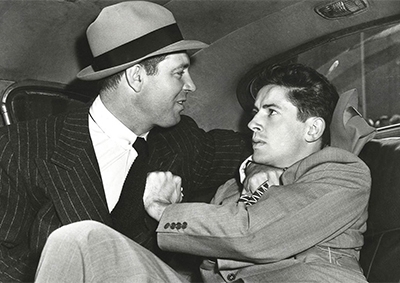





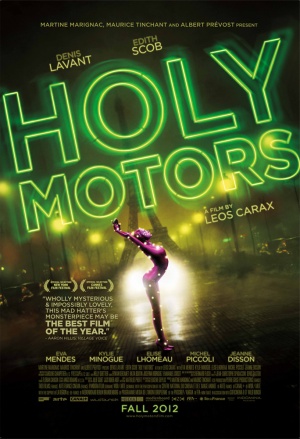
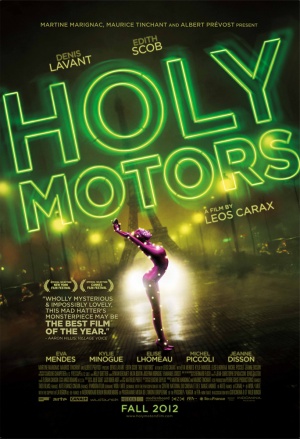
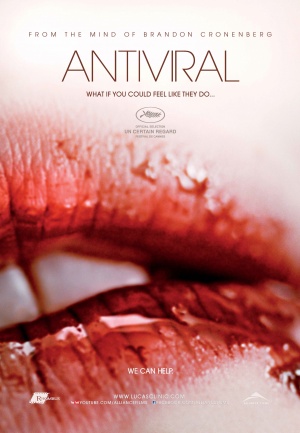
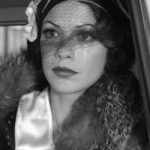
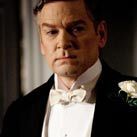
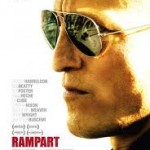

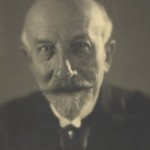


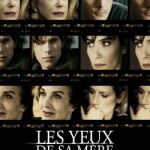
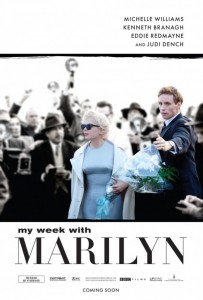





From FNB readers